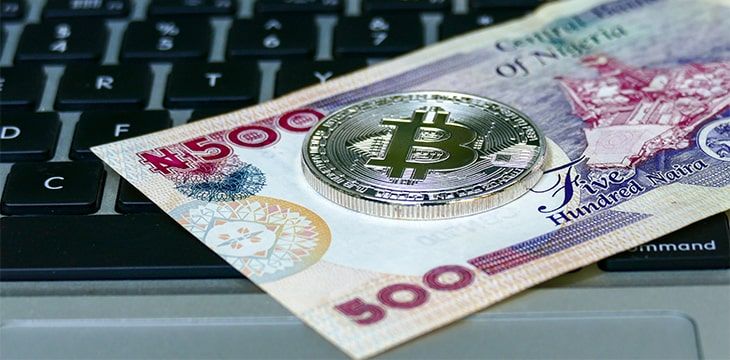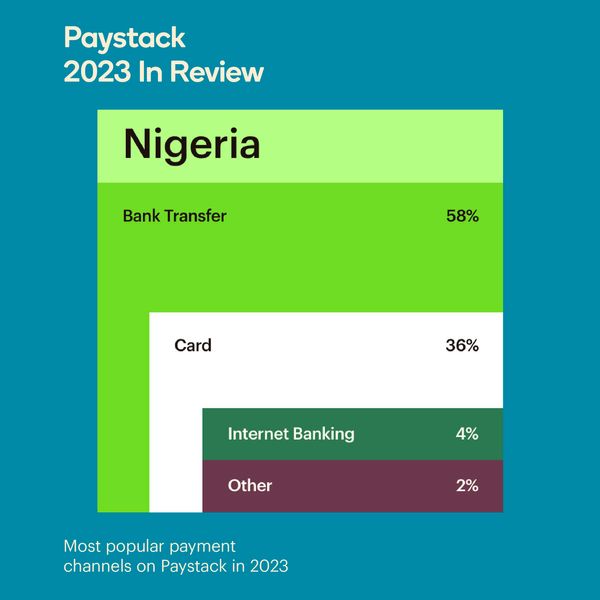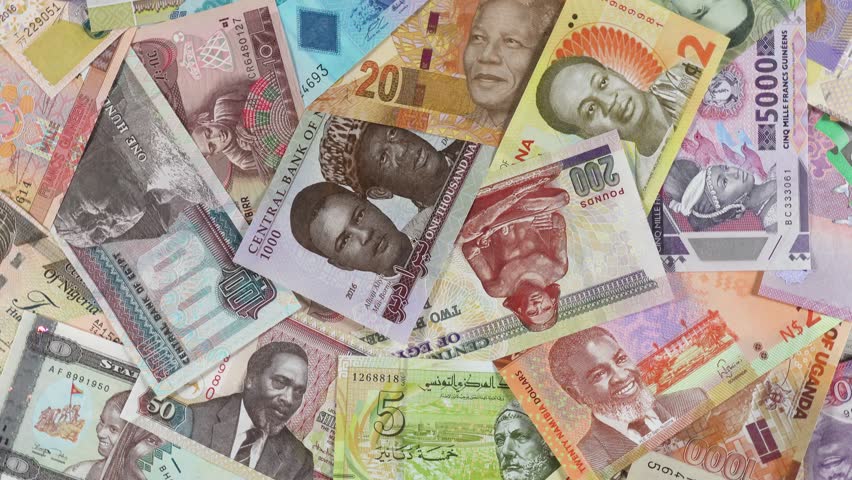The use of cryptocurrency as a means of payment is becoming prevalent, and the growth of these currencies undermines the power of a Central Bank (effectiveness of monetary policy). Central Banks worldwide have responded by either banning the use of the currency or looking to introduce a Central Bank Digital Currency (CBDC).
Speaking of a CBDC, this has been the trend amongst central banks lately. Several Central Banks have launched studies to look at the implications of a Central Bank Digital Currency. The Central Bank of Nigeria is also not left behind as the bank plans to launch its digital currency by the end of the year.
Last month the CBN revealed its plans to establish a Central Bank Digital Currency (CBDC) to facilitate its financial transactions before the end of the year. The statement reads
"Before the end of the year, the Central Bank will be making a special announcement and possibly launching a pilot scheme to be able to provide this kind of currency to the populace." Rakiya S. Mohammed, CBN Director of Information Technology Department.
If the CBN plans to launch a CBDC in the country, what are its implications within the context of the Nigerian economy?
Cryptocurrency in Nigeria
If you are coming across Central Bank Digital Currency (CBDC) for the first time, think of it as a bank account with the Central Bank. It is a blockchain-based, 'cryptocurrency-like' digital payment system representing a country's legal tender but in a virtual form.
Cryptocurrency has gained mainstream attention in Nigeria. A culmination of factors like the devaluation of the Naira, the increasing rate of inflation, and other economic conditions over the years caused a steady increase in the demand and supply of the currency. The global pandemic and the infamous ENDSARS protests in 2020 were also factors that surged the country's crypto operations.
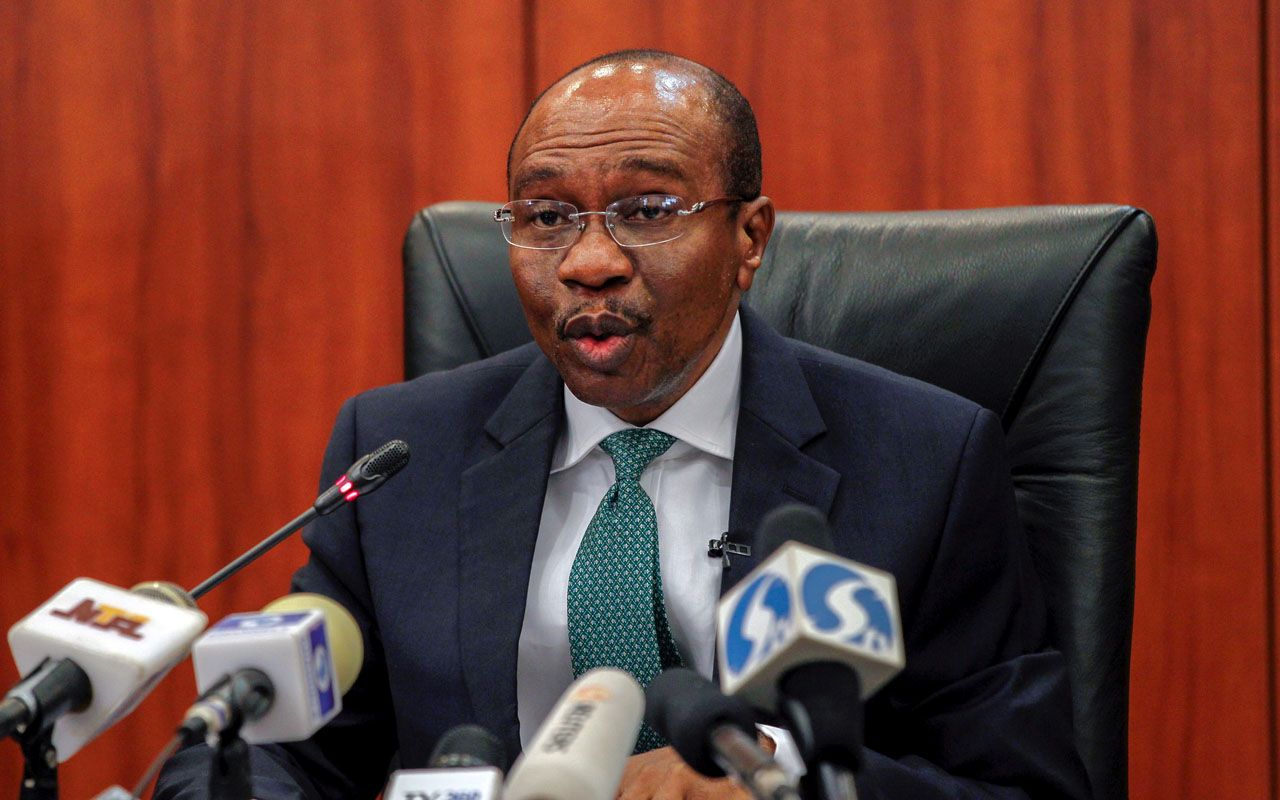
Nigeria boasts of the world's highest crypto ownership, as 31.9 percent of its population generate over $ 400 million in crypto transactions. (Statistica)
The story stays the same on the supply side of the market. Various organizations offer crypto services in the country with an ample number of users. Luno (a cryptocurrency supplier in the country), for instance, has a customer base of 8 million, and 37.5 per cent (3 million) of its customers are from Nigeria. Nairaex, a Nigerian-based cryptocurrency site, has over 100,000 customers.
The Apex Bank of Nigeria previously ordered all financial institutions in February 2021 to cease all transactional operations with cryptocurrencies. It stated that cryptocurrencies are devoid of adequate regulation.
This decision by the Government received various criticism and aversion by individuals and institutions, which made the Deputy Governor of the C.B.N. revert their claim saying the Bank did not place restrictions on cryptocurrency activities.
The Central Bank of Nigeria has now disclosed that studies had been ongoing, and a special committee was assigned to investigate the feasibility and viability of a Nigerian Digital Currency.
In Ecuador, a similar scenario occurred. A temporary ban on cryptocurrency transactions preceded a digital currency system that faced various challenges that led to its fall in 2018.
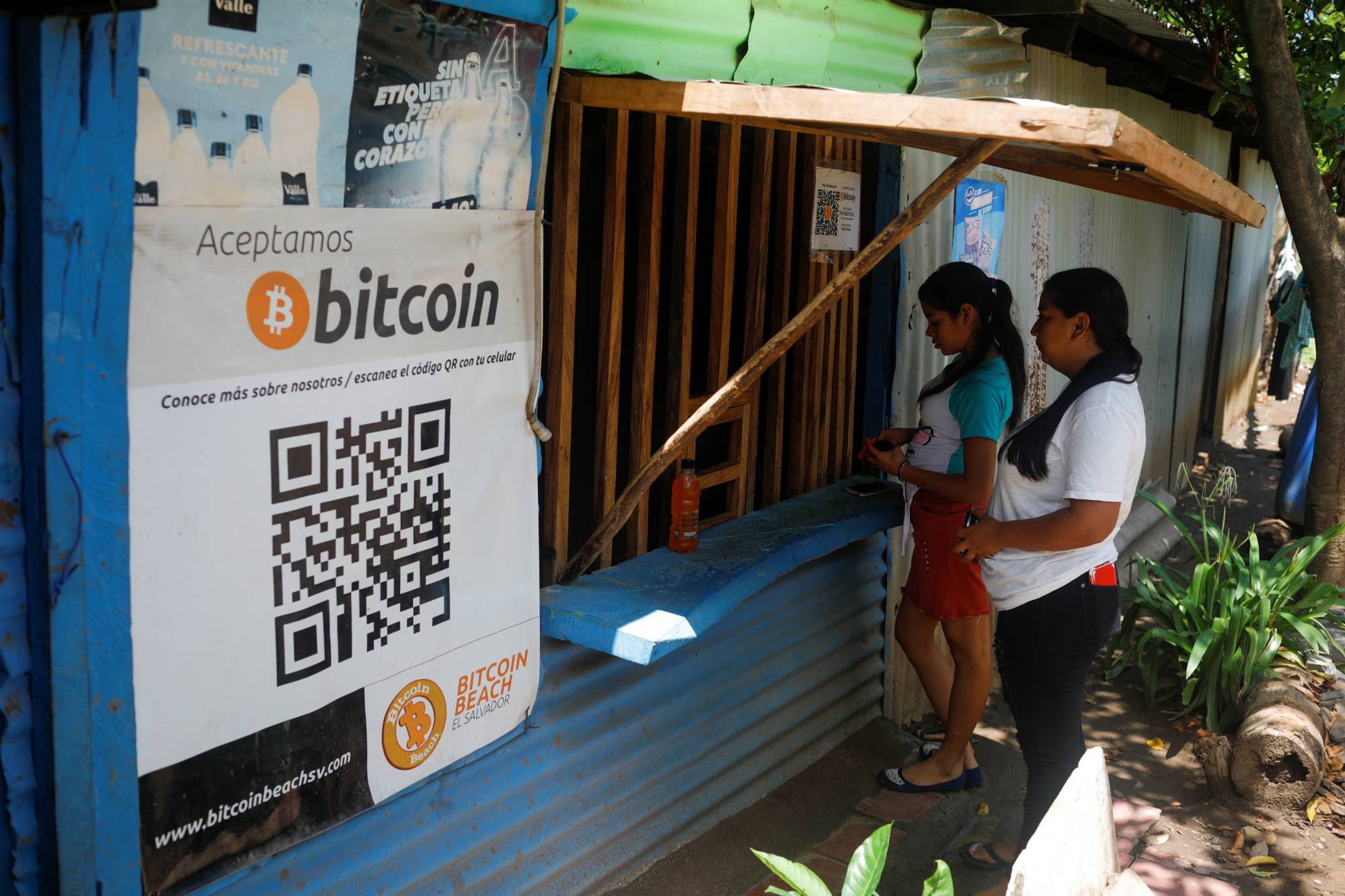
Potential implications
Since the emergence of Blockchain technology, various countries have shown interest in digitizing their fiat currencies. In a survey conducted on CBDCs, by the Bank for International Settlement (BIS) on 65 Central Banks, 75% have shown interest in the idea and possibility of issuing a digital currency.
The Bahamas recently launched its Digital Currency (Sand Dollar), becoming the first nation to inaugurate the CBDC system.
However, Central Bank Digital Currencies tend to be very complex and require a lot of planning, survey and monitoring.
An International Monetary Fund (I.M.F.) Analysis states, "Launching a CBDC is a multi-dimensional undertaking that extends beyond the Central Banks standard technology project and management frameworks. It could lead to major disruptions affecting monetary policy transmissions, financial stability, financial sector intermediation, exchange rate channel and operation of the payment system".
A Digital currency would mitigate transaction costs and quicken domestic and cross-border transactions for the populace and the financial eco-system at large, but this would be viable in a country with a large per cent of penetration for mobile devices, like in The Bahamas 90%. Thus, financial inclusion in Nigeria (with about 47.9% mobile penetration rate, according to a survey by Statistica), in the short run, would be a myth but a possibility in the long run.
Cybersecurity might also pose a threat to the smooth running of a digital currency. However, with constant regulation of the system and the servers strictly guarded, cybersecurity would be a 'walk-over'.
A Nigerian Digital Currency would also improve the efficiency of Central Banking Systems as it would reduce costs of printing and maintenance of Banknotes. However, the Central Bank of Nigeria solely controlling the affairs of the Digital currency would make itself direct competitors with traditional banks (when customers take deposits from banks to pay into the digital system). The reduction in the role of banks would make the Central Bank, which operates significantly by the banks, have a tough time trying to stabilize the financial market.
There are still some questions as to the effective operation of a Central Bank Digital Currency in Nigeria. From a changed payment system to cybersecurity to transaction costs, the 'blessings' are just as much as the 'curses'. Still, it is left to the Nigerian Government to make prudent decisions and a thorough survey of the market for a reasonable period before venturing into the system.
Nigeria in focus
GDP: $432.294 billion in 2020 compared to $448.12 billion in 2019
Population: 206,139,587 in 2020 compared to 200,963,03 in 2019
GDP per capita: $2,097 in 2020 compared to $2,229 in 2019


